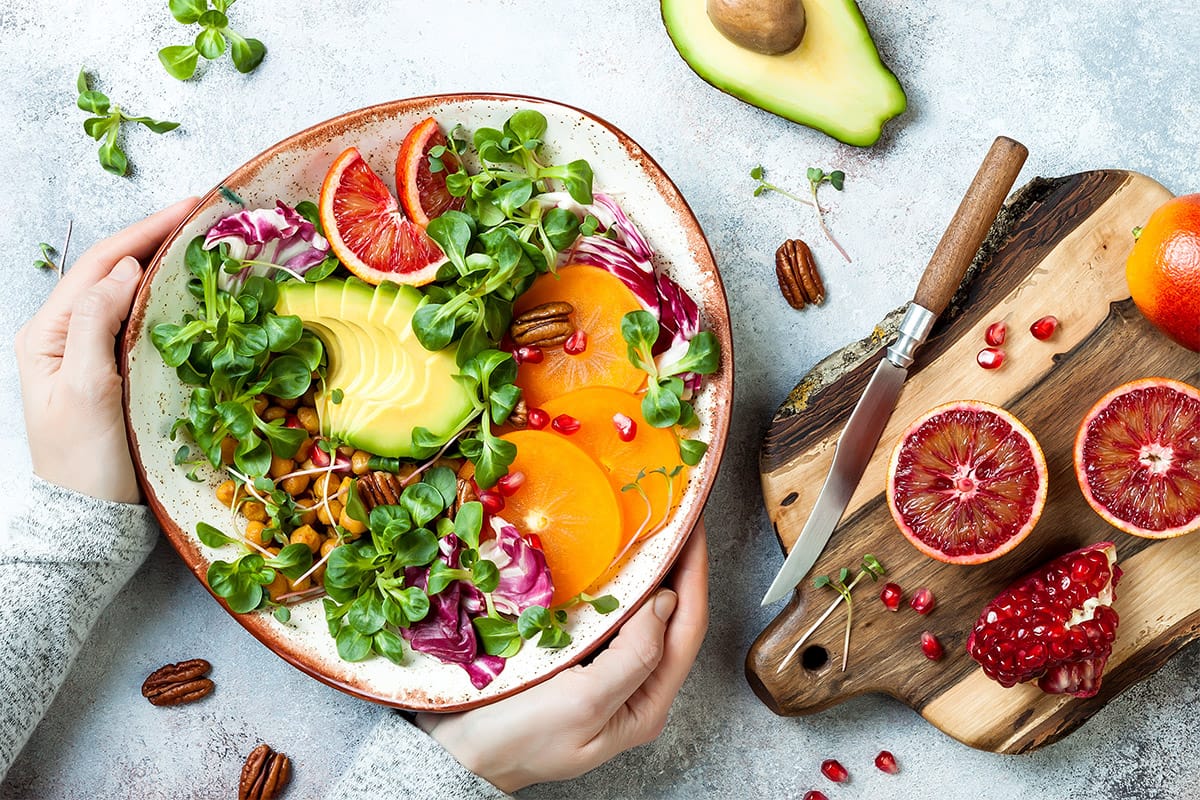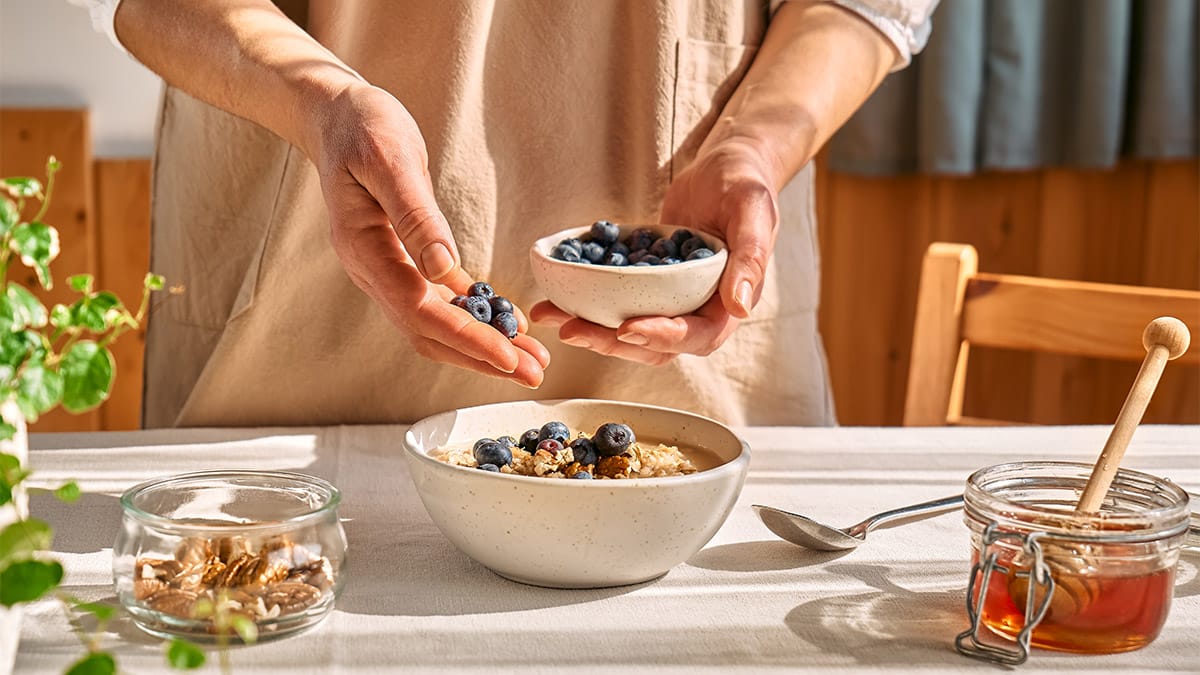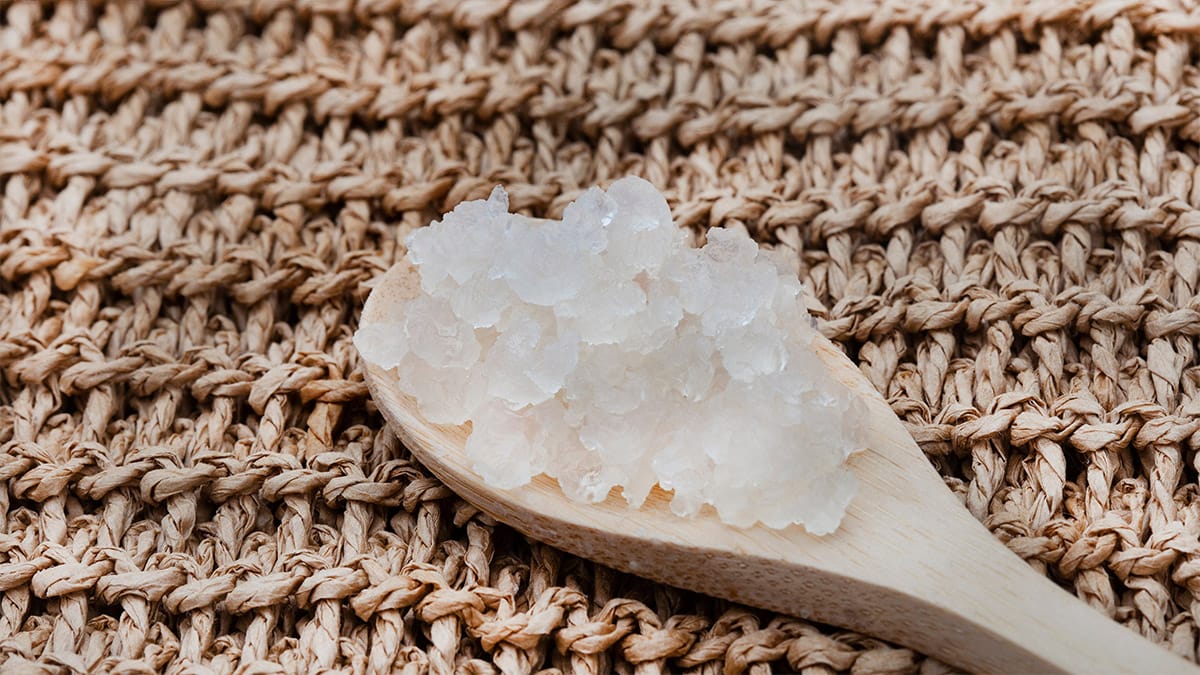5 Immune-Supporting Ingredients to Stay Well This Winter

Your immune system requires tactical support all year round, but during the winter, when seasonal coughs and colds are doing the rounds, it becomes even more important to prioritise your health.
This complex network of cells, organs and tissues works synergistically to protect you from illness, using an army of defensive white blood cells that patrol the bloodstream and mount a defence if an infection is detected.
But its ability to ward off office bugs and commuter colds effectively all hinges on your general wellness – with tiredness, stress and nutrition all playing a part.
If you’re keen to bolster your body’s natural defences as the cold snap sets in, diet is arguably one of the best ways you can get the edge on sick season, as studies have found that your gut contains up to 70% of your immune system.
And while no single food is a magic health bullet (and ‘boosting’ your immune system is a bit of a misnomer), eating a healthy and varied diet can go a long way to keeping you well.
Here are InForm’s top five kitchen heroes to boost your winter wellness.

Blueberries
Touted as a superfood, blueberries grow on shrubby bushes in regions all around the world, though they are mostly native to North America.
A staple of breakfast smoothies and glow bowls, they’re famously nutritional superstars, particularly when it comes to flavonoids, a type of powerful antioxidant that naturally reduces the everyday inflammation that can weaken your immunity and leave you vulnerable to catching bugs.
While many plant foods contain these colour-giving antioxidants, blueberries are among the most potent you can add to your shopping trolley, as they rank highly on the ORAC score – the official measure of a food’s antioxidant capacity which was developed by the National Institute on Aging.
As they’re rich in both phytochemicals and fibre too, they naturally support the diversity of your gut, which studies associate with a stronger immune function. To add more into your diet, try sprinkling them on a round of protein pancakes or whizz them into a rainbow smoothie bowl with a scoop of Form’s strength supporting Performance Protein.
Walnuts
Nuts rank near the top of just about every nutrition list when it comes to great health advantages – and with good reason too. The Global Burden of Disease Study, the most in-depth and systematic analysis of the causes of death ever undertaken, concluded that upping our diets with more nuts and seeds could save up to 2.5 million lives globally.
While all nuts are chock-full of essential vitamins, it’s walnuts that should be your go-to when it comes to winter snacking, as they have the highest antioxidant content of all.
Research has found that the polyphenols found in their thin, papery outer layer are converted into beneficial compounds called urolithins in the gut. A 2023 study found that these special compounds could have protective effects against inflammation in the body, specifically in the context of liver disease.
Plus, walnuts have the added bonus of ALA, omega-3 fats and magnesium, which all play a supportive role in reducing disease-causing inflammation. As an excellent addition to your salads, stir fries and grain bowls, perhaps the most appealing thing about these hardy nuts is that they are easy to chop and throw into savoury dishes without the need for extensive food prep.
Blood orange
When you’re dealing with a nasty cold, it’s common to turn to the age-old remedy of glugging a glass of cold orange juice or snacking on a bag of bedside tangerines.
But next time you’re feeling bunged up, it might be better to switch out the easy peelers for a bowl of blood oranges, as scientists have found that they contain up to five times the antioxidant activity of a regular orange with the same amount of vitamin C.
Winter illnesses like colds and flu often cause oxidative stress, a condition where unstable atoms called free radicals cause damage to cells. The wealth of antioxidants found in citrus fruits like blood oranges act as powerful scavengers in the body, sweeping through the bloodstream to neutralise free radicals and protect your immune cells from damage.
If you’re keen to add them into your diet, you can pick up a punnet of blood oranges in most supermarkets and organic shops, and they are naturally sweet and delicious in a simple fruit salad.
If you want to level up your flu season strategy, you could blend blood orange juice with an antimicrobial hit of fresh ginger and turmeric for a DIY immunity shot.
Pomegranates
If you can already feel a runny nose coming on, adding pomegranate seeds to your salads might help you to swerve a sniffle that drags on for weeks. A 2013 study found that concentrated amounts of polyphenol antioxidants found in pomegranate juice can reduce the duration of a cold by as much as 40%.
If you’re keen to retain a healthy summer glow, pomegranates are also a rich source of vitamin C, fibre and ellagic acid, the latter of which can help to protect the skin from fine lines and ageing.
Cutting, trimming and deseeding a pomegranate can be messy business, so plan ahead by prepping a tupperware box of the fleshy seeds at the weekend. This way, you grab them from the fridge and sprinkle them onto your lunchtime greens between Zoom calls, without the need for continually pulling out the chopping board.

Plant-based kefir
Tangy in flavour, kefir is a fermented drink that’s thought to have originated from the Caucasus Mountains hundreds – if not thousands – of years ago, but it’s recently enjoyed something resurgence, thanks to health experts like Dr. Megan Rossi and epidemiologist Tim Spector, who have championed the importance of fermented foods for gut health.
The reason these foods have gained cult status in recent years is because they contain probiotics, living microbes that can increase the number and diversity of bacteria that make up your microbiome. Plant-based kefir is typically made by adding kefir starter culture grains, which contain up to 61 strains of bacteria and yeast, to coconut, almond or soy milk.
According to Dr Tim Spector, one of the leading voices in the gut health space, the key to reaping the benefits of fermented foods like kefir is to include a small dose daily, rather than a big hit once every few weeks.
So, having a small glass of kefir after your morning flat white can help to keep your gut bacteria working harmoniously, particularly over the winter period when the notorious trifecta of stress, booze and poor sleep can tip things out of balance.


















